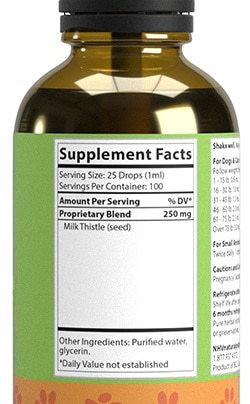- Description
- Ingredients
- Dosage
- FAQ
Description
Natural Pet Bird Liver Support
The liver’s job is to filter anything that your feathery friend eats or drinks. If your pet gets sicks, it is likely that their liver is under-functioning so harmful toxins may start to build up. The most common liver issue in birds to affect our feathery friends is fatty liver disease a.k.a. Hepatic lipidosis. It is most often seen in Amazon parrots, budgies, cockatoos, cockatiels, lovebirds, and Quaker parrots.
Some common symptoms may include:
- Depression
- Low energy
- Difficulty or labored breathing
- Anorexia
- Swollen abdomen
- Poor feather quality
- Irregular droppings
- Dry skin
How NHV Milk Thistle Supports Liver Disease in Birds and More
The liver is one of the most important organs in the body. It is responsible for many metabolic functions, such as digesting food and filtering bacteria out of the blood, and more. Unfortunately, acute and chronic liver disease is fairly common in our feathered friends. This is why proactive liver support is very beneficial for your pet bird. Milk Thistle contains the active compound silymarin which has been used for thousands of years for its numerous health benefits.
A Natural Approach For Your Pet Birds
We know that you have a special bond with your bird. Their health and wellness mean everything to us! That’s why we made our supplements 100% natural, easy to administer (liquid formula), and made with only the finest plant-based ingredients. For any questions or concerns about your feathery friend’s liver health, get in touch with an NHV Pet Expert - we’re here to help!
- item number
- PH1250b
- weight
- 0.70 LBS
- volume
- 3.4 fl. oz. (100ml)
- life stages
- all
- form
- liquid
- made in
- canada
Disclaimer: The information provided in relation to the products mentioned is intended for general informational purposes only and should not be construed as professional veterinary advice or a substitute for consultation with a qualified veterinarian. These products are not intended to diagnose, treat, cure, or prevent any pet health condition. Consult a licensed veterinarian before using any product or making changes to your pet's diet, health, or wellness routine. Individual pet health outcomes may vary, and the effectiveness of the product may depend on various factors specific to your pet. Always carefully read and follow the product label and instructions. The manufacturer and distributor of these products do not assume any liability for any direct or indirect consequences that may arise from the use of these products on pets. All information is for educational purposes only.
Ingredients
Made with the finest, organically grown, or ethically harvested herbs. Made specifically for pets, vet-formulated, and vet approved.
- Milk Thistle contains silymarin, a bioactive compound that is known to help detoxify and support healthy liver function. Our formulation of Milk Thistle is especially supportive for birds with liver disease because it helps promote detoxification of the liver and kidneys and supports liver regeneration. A key difference between NHV Milk Thistle and other brands is that it is glycerin-based and contains no artificial flavors, additives, or preservatives. Milk thistle from other brands may contain alcohol or artificial flavors can be dangerous to your bird.
Inactive ingredients such as water, glycerin, or bases for ointments like olive oil are not listed in this ingredient tab. For a full list of ingredients, please see the label picture on the bottle, shown above. Information about ingredients is for educational purposes only. It is important to always refer to the product label for the most accurate and up-to-date information regarding ingredients.
Dosage
For birds: 1 drop per two pounds twice a day
How to Administer
Shake well before use. The easiest method is to use the dropper provide and places the drops into your pet’s food or favorite treat. You can also use the dropper and squirt directly into the pet’s mouth.
Some pets can be finicky, if this occurs consider hiding the drops in foods most pet’s love such as mashed banana, strawberry or another favorite treat.
For Best Results
Herbal dietary supplements are beneficial to the health and wellbeing of your pet and are safe for long-term use. Every pet responds to natural herbal supplements differently, therefore it is important to be consistent and administer the product daily. Supplements generally take two to four weeks to take effect, however this will vary from one animal to the next.
Product Storage
All NHV Natural Pet Products are pure herbal extracts and contain no artificial additives, preservatives or coloring. Shelf life after opening is 6 months and must be refrigerated after opening.
Cautions and Contraindications
Do not use Milk Thistle in pregnant or nursing animals. Speak to your vet before using our products. A second visit is recommended if your pet’s condition does not improve, or deteriorates after continued use of the supplements.
All information provided by NHV Natural Pet Products is for educational purposes only.
FAQ
Is liver disease curable in birds?
Depending on what stage the liver disease has progressed to, there may be no cure, but with proper management and care, you can maintain a good quality of life for your pet. Your vet may recommend treatments such as pharmaceuticals, but in some cases, the treatment may include a diet change, adding nutritional therapy, and an increase in exercise. In more serious cases, your bird may require hospitalization combined with supportive therapies.
What causes fatty liver disease in birds?
A diet high in seed tends to cause obesity, pet birds with a low activity level and a diet rich in seed are more likely to end up with fatty livers. Seed diets tend to be high in fat and low in certain vital nutrients. Over-eating may also cause a fatty liver.
What causes liver disease in birds?
There are many causes for liver disease in birds, including bacteria, fungi, viruses, parasites, nutritional deficiencies, chemicals, toxins (from molds or plants). But, these are only some external causes. Internal causes may be tumor formation, metabolic or circulatory disorders, and genetic factors.
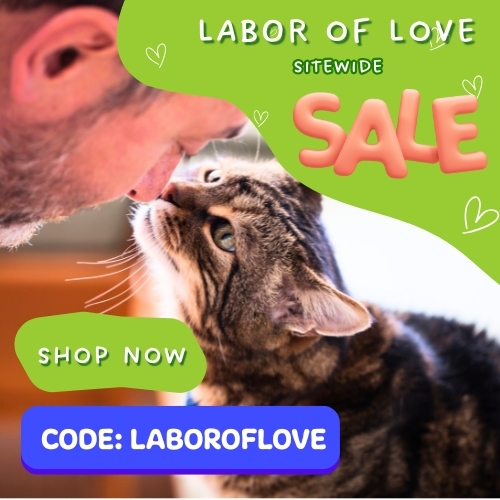
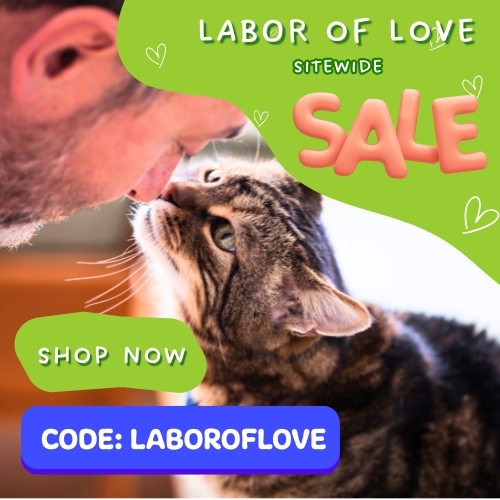
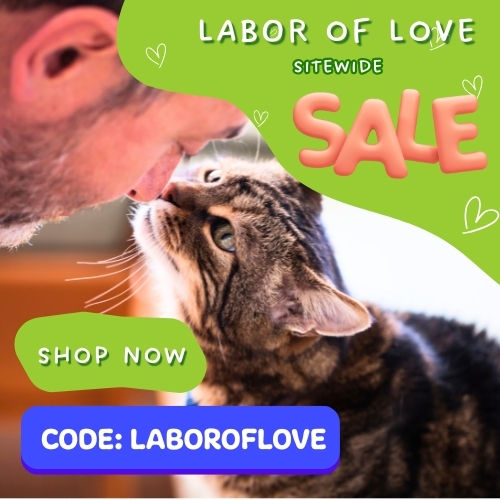
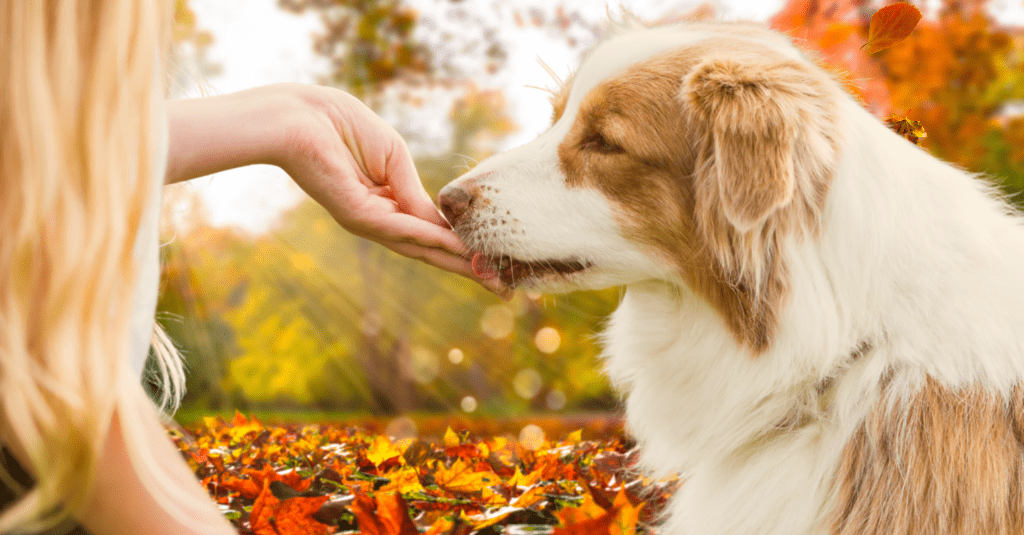

 USD
USD
 Canadian Dollars
Canadian Dollars


